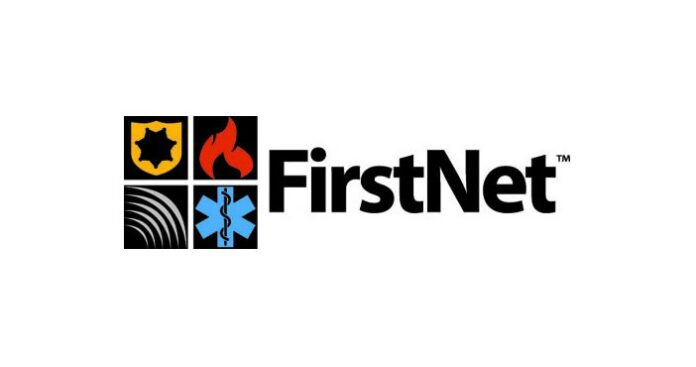The First Responder Network Authority extended the deadline for request for proposal responses, and released the first set of answers to the 402 questions on its RFP for a national public safety LTE network.
The number of questions is fewer than the 650 questions the organization received on its draft RFP. Most of the queries focused on administrative actions and procurement processes, according to FirstNet. Some respondents had asked for up to an additional two months of response time given the complexity and scope of the network, but the agency gave only an additional two weeks citing its “critical schedule for the [contract] award.” Final RFP responses are now due May 13. The original deadline was April 29. The agency expects to award a contract for the network by the end of this year.
“What has been abundantly clear to FirstNet is the absolute need for the [national public safety broadband network],” said T.J. Kennedy, president of FirstNet, in remarks before the House of Representatives last month. “We hear about it everywhere we go and in every meeting or conference that we attend. Unfortunately, we are reminded all too frequently – often on the nightly news – of the compelling need to get this network deployed so that we can increase the safety and capabilities of all public safety personnel, and ultimately the safety and wellbeing of our citizens. We are dedicated to delivering a public safety network that meets those needs.”
AT&T, for one, has said it plans to pursue FirstNet aggressively, although other national carriers have been more reserved in their assessment of the opportunity.
The first round of RFP questions and answers are posted with FirstNet RFP documentation on the Federal Business Opportunities website. Among FirstNet’s answers and clarifications:
- Capabilities statements are optional and due March 31, which is also a two-week extension.
- Mobile virtual network operators are “options for speed to deployment” and not a requirement for FirstNet deployment.
- Revenue generated by providing prioritized broadband services and utilizing excess network capacity will be kept by the contractor who provides the services – although some fixed payments to FirstNet will have to be made so FirstNet has a sustainable funding source. The organization is required by federal law to be self-sustaining and has set up a schedule of gradually increasing payments to covers its operations and future network investments. According to Kennedy’s remarks, there must be minimum annual payments of $80 million per year for the first five years, with annual payments reaching $430 million per year in years 20 to 25 of the deployment.
- FirstNet plans to leave negotiations and agreements on the terms of excess spectrum utilization to the contractor and the secondary users who are interested in using that capacity. But secondary usage will need to be implemented in ways meeting FirstNet’s requirements that public safety users get their agreed-upon priority service levels. FirstNet also clarified that a winning contractor isn’t required to make excess capacity available to other users and may opt to use all the excess capacity itself. Asked if FirstNet could compel the contractor to expand monetization efforts on excess spectrum usage to generate more revenue, FirstNet responded it could not – that its first priority is the performance of the public safety network, which is required by law to be self-sustaining, and any excess funds it receives will be invested in the network.
- FirstNet doesn’t plan to own title to the network equipment it utilizes.
- Out of the original $7 billion budgeted by the federal government for FirstNet, contractors should expect FirstNet to contribute up to $6.5 billion to the national network, and “maintenance of operations is based on the proposed solution and will be the contractor’s responsibility at award and throughout the life of the contract,” noting the contractor may also utilize extra Band 14 capacity as an additional, ongoing revenue source. RFP respondents are asked to propose the amount and timing of payments for deployment.
- Winning contractors will not be able to use federal preemption laws for network siting, but FirstNet said it intends to work with the contractor on siting to the extent that it can.
FirstNet is set to hold a preproposal conference on the RFP March 10, which will also be webcast. More information on the FirstNet RFP event here.

